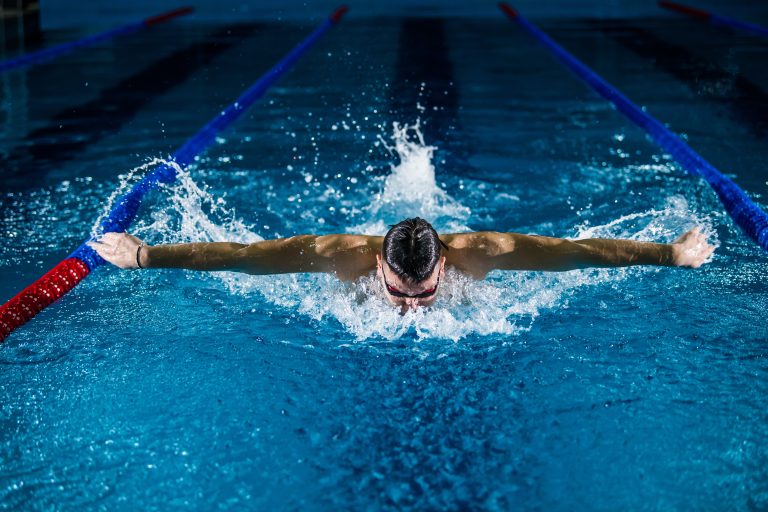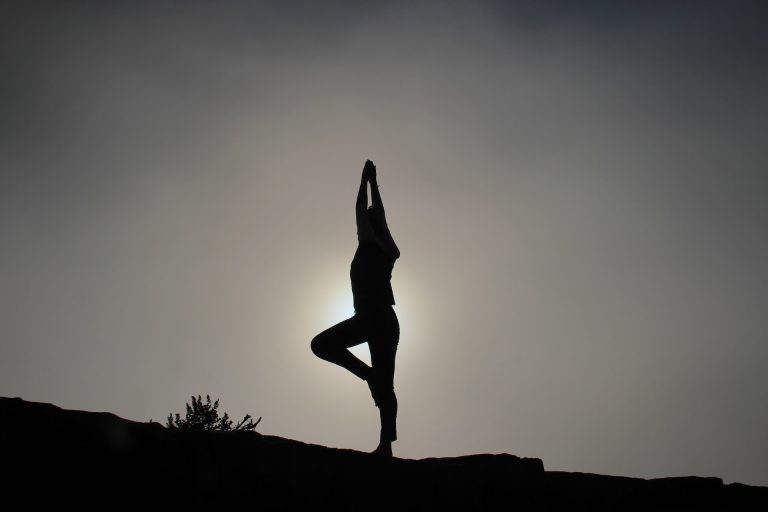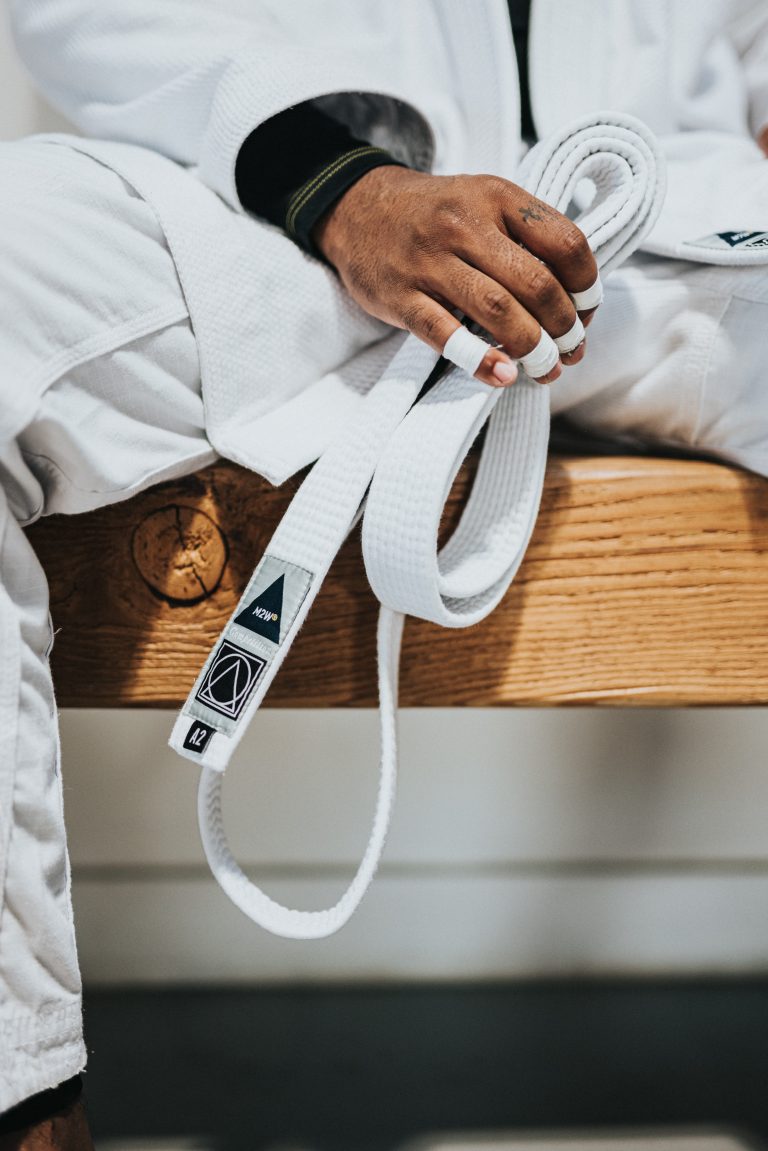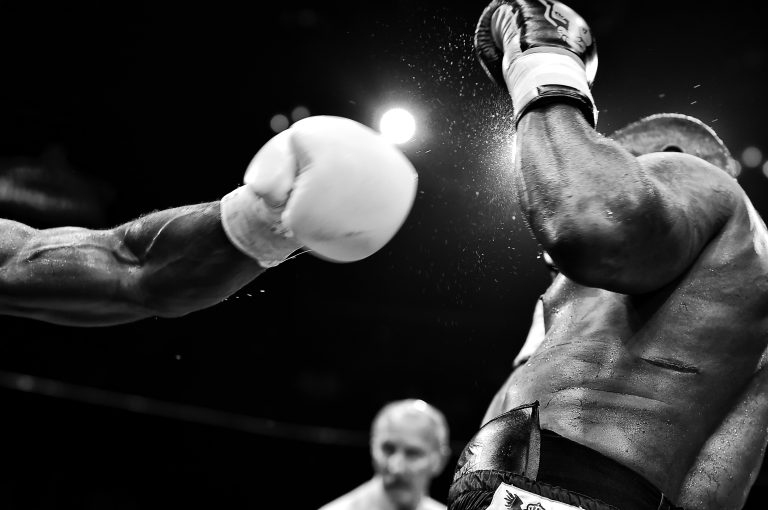Is Karate Effective in Real Life?
Karate is a popular martial art that originated in Japan but has spread worldwide. It has gained popularity thanks to its inclusion in movies and sports events, such as the Olympics. However, there is a growing debate on whether karate is actually effective in real-life self-defense situations. In this blog post, we’ll explore this topic in more detail and provide some insight into the effectiveness of karate in practical scenarios.
What is Karate?
Karate is a martial art that uses punches, kicks, knee strikes, and other techniques for both defense and offense. The word ‘karate’ means ‘empty hand’ in Japanese, and this refers to the fact that karate practitioners don’t use weapons. Instead, they use their own bodies as weapons through the use of different techniques.
There are different forms of karate, including Shotokan, Goju-ryu, and Shito-ryu, each with their own techniques, styles, and philosophies. Karate training usually involves practicing kata (prearranged forms), sparring, and breaking objects like boards or bricks.
Is Karate Effective for Self-Defense?
The effectiveness of karate as a self-defense tool is a subject of debate among martial artists, self-defense experts, and law enforcement professionals. Some argue that karate is effective for protecting oneself in real-life situations, while others suggest that it’s more for show and competition.
One of the reasons karate is believed to be effective for self-defense is that it provides practitioners with a set of skills to use in violent situations. Karate helps people develop physical strength, coordination, balance, and agility, which are useful in such instances.
Moreover, karate training also teaches practitioners to focus on their breathing, which helps them stay calm and composed during stressful situations. It teaches the martial art’s values, such as discipline, respect, and perseverance, which can help in making the right decisions under pressure.
However, some argue that karate may not be practical in real-life self-defense situations. Karate techniques are often designed to attack vulnerable areas of an opponent, such as the eyes, nose, or groin. In real-life, such attacks may not be legally or morally acceptable and could even increase the danger of an already dangerous situation.
Another issue with karate is that training in a dojo is very different from a real-life self-defense situation. In a dojo, a karate practitioner knows how their opponent is going to attack them and can prepare accordingly. However, in a real-life situation, the opponent is unpredictable, and the practitioner might not always have the advantage of distance, lighting, or setting.
What are the Alternatives to Karate for Self-Defense?
While karate is one of the most popular martial arts for self-defense, there are other options available, such as Brazilian Jiu-Jitsu (BJJ), Krav Maga, and Mixed Martial Arts (MMA).
BJJ is a ground fighting martial art that focuses on grappling to control an opponent, and it’s often used in the military and law enforcement for self-defense training. Krav Maga is a form of self-defense that relies on practical techniques for real-life situations. MMA is a form of combat sport that combines different martial arts, including karate, BJJ, boxing, and wrestling.
All of these martial arts have their strengths and weaknesses, and the best option depends on the individual’s preferences, physical abilities, and goals.
Is Karate Effective in Real Life: FAQs
Karate is one of the most popular martial arts in the world, and it is often portrayed in movies and TV shows as an effective way to defend oneself in real-life situations. However, many people still wonder if karate is really effective in real life. In this blog post, we will answer some frequently asked questions about karate and its effectiveness in real-life situations.
What is Karate?
Before we answer any questions about the effectiveness of karate in real life, let’s first talk about what karate is. Karate is a martial art that originated in Okinawa, Japan. It is a form of self-defense that involves using striking, kicking, and grappling techniques. Karate can be practiced for sport, fitness, or self-defense purposes.
Can Karate Help Me Defend Myself in Real Life?
This is probably the most common question people ask about karate. The answer is yes, karate can be an effective form of self-defense in real-life situations. Karate is designed to teach you how to defend yourself against an attacker using a range of techniques, from blocking and evading to striking and grappling. However, it is worth noting that the effectiveness of karate as a self-defense tool may depend on several factors, including the skill level of the practitioner, the situation, and the attacker’s size and strength.
Can Karate Help Me Develop Mental Toughness?
Karate is not just a physical discipline; it can also help improve your mental toughness. Through the practice of karate, you can develop mental strength, self-confidence, and discipline. Karate training can also help you learn to remain calm and focused under pressure, which can be beneficial in everyday life.
Do I Have to Be in Good Shape to Practice Karate?
One of the great things about karate is that it can be practiced by people of all ages and fitness levels. Of course, if you want to be proficient in karate, you will need to develop strength, flexibility, and endurance. However, most karate schools welcome beginners and offer classes that cater to all levels of fitness and ability.
What Equipment Do I Need to Practice Karate?
To practice karate, you will need some basic equipment, including a uniform (called a gi), a belt, and protective gear such as gloves and shin guards. Some karate schools may also require other equipment such as a helmet or chest protector. However, most beginner classes will not require you to have any equipment beyond a gi and a belt.
What’s the Best Way to Learn Karate?
The best way to learn karate is by finding a qualified instructor or dojo. Look for a school or instructor that has a proven track record of producing skilled karate practitioners. It’s also a good idea to visit the school or dojo and observe a class before committing to any training. In addition, you should be prepared to dedicate time and effort to learning and practicing karate if you want to become proficient in the art.
How to Effectively Use Karate Techniques in Real Life
Karate is a traditional form of martial arts that has become increasingly popular over the years. Many people have trained in karate, whether for sport, fitness, or self-defense. However, some people may wonder whether karate is effective in real-life situations. In this blog post, we will explore some key techniques that karate practitioners can use in real-life situations, including self-defense scenarios.
Step 1: Learn Basic Techniques
Karate is a martial art that emphasizes striking techniques, including punches, kicks, elbow strikes, and knee strikes. One of the first steps to effectively use karate techniques in real life is to learn and master basic techniques. This includes understanding the correct stance, footwork, and body positioning for each technique.
Step 2: Practice with a Partner
While practicing techniques on your own is useful, practicing with a partner can help you develop the necessary skills to use karate techniques in real-life situations. Practicing with a partner can help you develop speed, accuracy, and timing.
Step 3: Improve Your Reflexes
Karate requires quick reflexes and reaction time. This is especially important in real-life situations where your movements need to be rapid and precise. By improving your reflexes, you can quickly react to unexpected situations and defend yourself if necessary.
Step 4: Increase Your Strength and Endurance
Like any physical activity, karate requires strength and endurance. By increasing your strength and endurance through conditioning exercises like weightlifting, running, and jump roping, you can improve your karate techniques and prepare yourself for real-life situations.
Step 5: Focus on Practical Self-Defense Techniques
When practicing karate for self-defense, it’s important to focus on practical techniques that can be used in real-life situations. This includes learning how to defend against common attacks, such as grabs, punches, and kicks.
Step 6: Learn How to Assess and React to Threats
In real-life situations, understanding how to assess threats and react accordingly is crucial. Karate teaches students how to assess threats and decide on an appropriate course of action. This includes knowing when to run away, when to defend yourself, and when to use techniques that can disable an attacker.
Step 7: Practice Proper Mindset
One key aspect of karate training is developing the proper mindset. This includes having confidence in your abilities, staying focused during a self-defense situation, and staying calm under pressure. Practicing mindfulness and meditation can help develop this important aspect of karate training.
Conclusion
While the effectiveness of karate in real-life situations ultimately depends on the individual’s ability to apply the techniques intelligently, with proper training and preparation, karate can be a highly effective form of self-defense. By following these steps, karate practitioners can improve their techniques and develop the skills and mindset necessary for real-life scenarios.
Inhaltsverzeichnis






